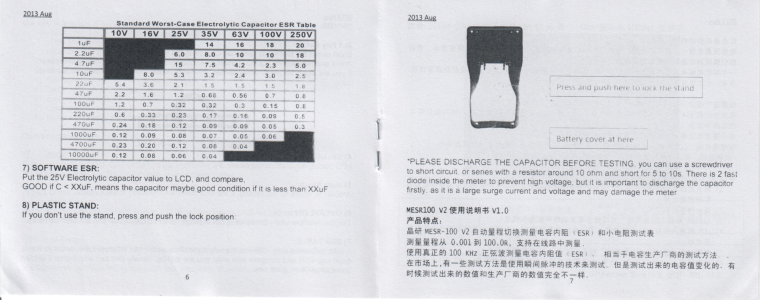There is no tolerance stated on the 150mF capacitor, the smaller one has a +/- 6% tolerance.Usually the tolerance is written on the capacitor either in % or absolute.
The 177uF is interesting, Capacitors degrade to a lower value over time, so that's why I say interesting. Capacitors appear to be okay, assuming that 177 value is within the stated tolerance. Too high will cause increased start current.
If your centrifugal switch is dirty such that it is kicking out late that would cause over current briefly consistent with the overload trip.
The larger one is 27mF over or 18% which would seem to be out of any acceptable tolerance.
To eliminate temperature I can run it through a few cycles with the door open so the warm air doesn't build up.


